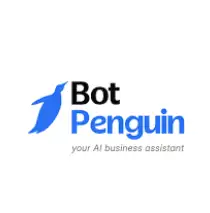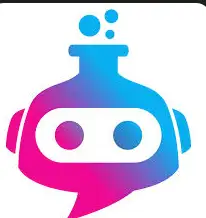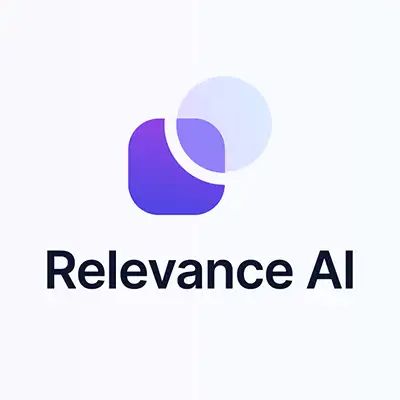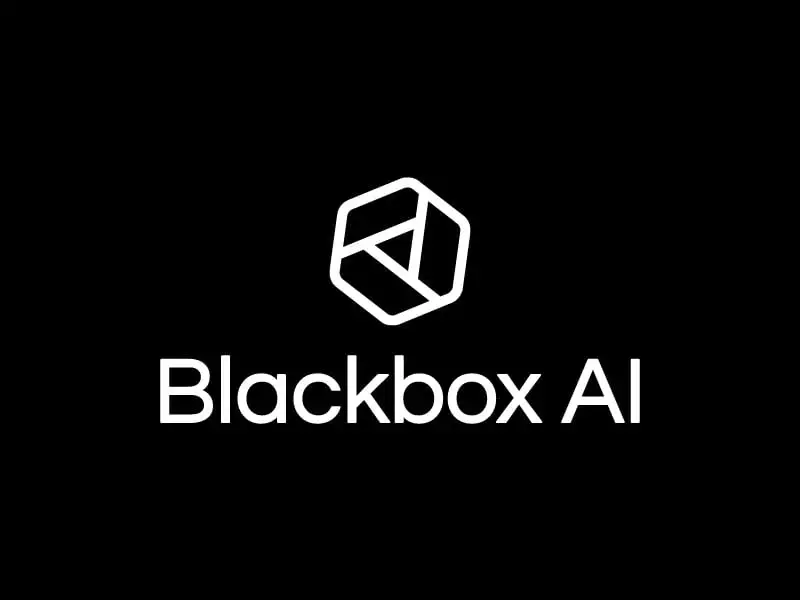Denser review: a developer-first AI agent builder with advanced control
Denser is a sophisticated AI agent builder aimed squarely at developers, product teams, and technical users who need full control over how their AI agents are designed, deployed, and scaled. Unlike no-code platforms that simplify chatbot building for marketers or small businesses, Denser embraces a developer-first approach, offering deep configurability, API access, SDKs, and support for fine-tuned large language models. It is built for those who want to go beyond generic chat flows and craft domain-specific, autonomous agents that can function across websites, applications, and internal tools.
The platform distinguishes itself by prioritizing logic, performance, and modularity. Denser is not just about building an assistant—it’s about engineering intelligent systems that reason, recall, and act based on complex data environments. For teams looking to integrate AI deeply into product workflows or internal infrastructure, Denser is a compelling and flexible foundation.
Getting started and user experience
Denser is not built for casual users. Its onboarding experience reflects its target audience: developers and technical architects. The interface is minimal, code-centric, and focused on functionality rather than visual design. Users begin by defining agent behavior through JSON configurations, prompt templates, and model settings. While this requires a certain level of expertise, the documentation is detailed and developer-friendly, walking users through each step with clarity.
The initial setup involves connecting your preferred language model, whether it's OpenAI, Anthropic, Cohere, or even open-source alternatives. Denser supports multi-model configurations, which means users can assign different models to different agents or switch between them depending on the use case. Once the base model is selected, users can begin shaping agent behavior with structured prompts, rule sets, and tool integrations.
Agent logic and autonomy
Denser’s strength lies in its ability to build logic-driven, semi-autonomous or fully autonomous AI agents. The platform enables developers to define behavior trees, conditional workflows, and state memory using structured code rather than drag-and-drop interfaces. This unlocks complex interactions that evolve over time, respond dynamically to real-time data, and execute tasks beyond chat-based responses.
Agents built in Denser are capable of chaining tasks, referencing prior outputs, and accessing external tools such as APIs, vector databases, or third-party services. With support for memory modules and internal function calling, these agents can be deployed to manage long-running tasks, schedule follow-ups, extract insights from documents, or trigger automation sequences across systems.
Denser is particularly well-suited for knowledge-intensive workflows, such as technical support, legal analysis, financial modeling, or software debugging. It enables developers to build agents that go beyond answering questions to actually reasoning through problems using structured logic and context.
Customization and data ownership
Customization in Denser goes far deeper than branding or personality tuning. Users can control every aspect of the agent’s functionality, from temperature settings and response length to how memory is structured and what retrieval tools are connected. It’s also possible to embed specific knowledge or business logic directly into the agent's instruction set or to fine-tune a model using proprietary datasets for improved accuracy.
A major advantage of Denser is its commitment to data control and transparency. Unlike platforms that process and store user data in black-box environments, Denser allows organizations to host their agents privately, manage data pipelines, and control how memory and user inputs are stored or purged. This is crucial for teams operating in regulated industries or those with strict compliance requirements.
Integrations and deployment options
Denser offers broad integration capabilities. Agents can be deployed via API into SaaS platforms, backend systems, or embedded directly into frontend applications. The platform supports custom SDKs for JavaScript, Python, and TypeScript, making it easy to inject conversational logic into both web and native apps. It also supports webhook triggers, CRON jobs, and direct database connections, enabling real-time interactivity with internal systems.
For more advanced deployments, Denser agents can be linked to orchestrators, task runners, or custom CI/CD pipelines. This makes it possible to use AI agents in operational scenarios, such as monitoring logs, analyzing user behavior, summarizing support tickets, or managing product documentation dynamically.
Performance monitoring and analytics
Denser includes detailed monitoring tools that let developers track token usage, agent uptime, error rates, response times, and performance metrics. Logs and traces are available for every interaction, making it easy to debug and optimize agent behavior. The analytics module focuses more on system-level performance than user engagement, which aligns with Denser’s developer-first philosophy.
For teams deploying agents in production environments, Denser offers alerting features and hooks for observability tools like Grafana or Datadog. This allows businesses to monitor AI agents like any other critical software service, ensuring reliability and performance at scale.
Pricing and technical value
Denser operates on a usage-based pricing model that scales with API calls, storage, and advanced features. There’s a generous free tier for testing, with paid plans unlocking more advanced orchestration, model switching, and team collaboration features. For startups and enterprise teams with in-house developers, Denser offers excellent value through its flexibility, data ownership, and engineering-centric toolset.
The ROI is particularly high for businesses that need AI agents integrated directly into their product or operations stack rather than used as standalone chat interfaces.
Bottom line
Denser is not a chatbot builder—it is an AI development framework for teams that want to engineer intelligent agents with autonomy, precision, and long-term utility. It sacrifices simplicity in favor of power, offering deep control over logic, memory, integration, and infrastructure. For developers, technical product owners, and AI engineers, Denser is a standout tool that enables sophisticated, production-grade agent deployment. If your organization is ready to move beyond pre-built templates and start building AI that thinks, acts, and integrates—Denser is the platform built to take you there.













